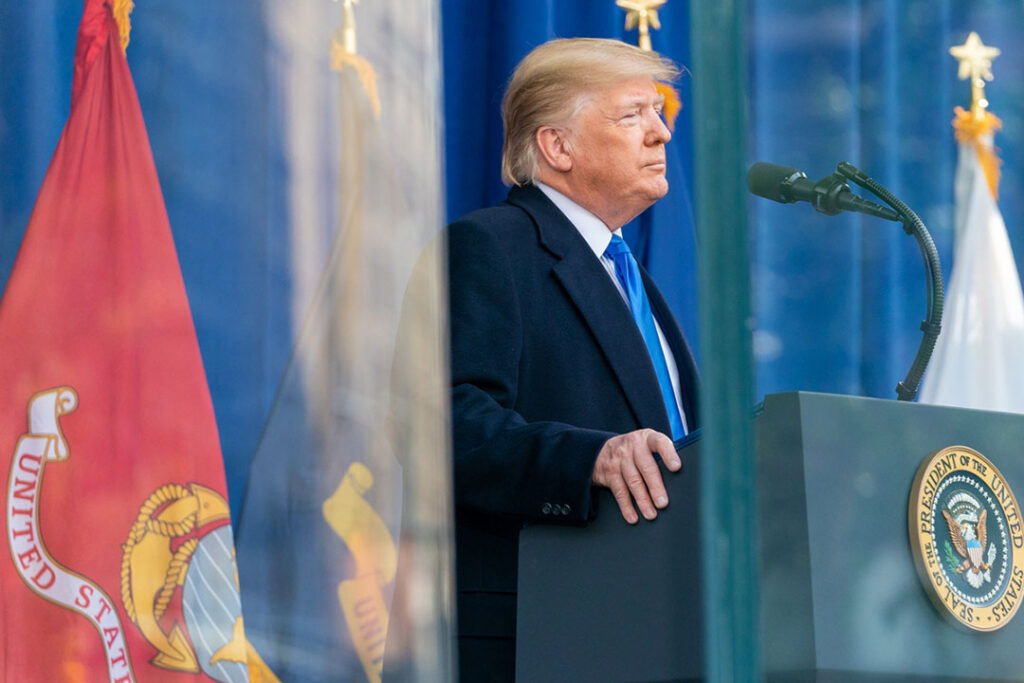Former Commerce Secretary Carlos Gutierrez, who served under President George W. Bush, praised President Donald Trump’s tariff strategy and expressed confidence that most of the tariffs would no longer be necessary by year’s end. Speaking with CNBC, Gutierrez responded to Thursday’s stock market plunge—followed by another sharp sell-off on Friday—with a sense of optimism about the long-term impact of Trump’s trade approach.
Well, I would say, like most people, this was stronger than what many of us expected. But it’s, you know, it’s the opening step. So I would expect, I would assume that this will not be in place in a month, two months, definitely not in the back half of the year,” he told the outlet. “So I’m in the camp that this is a the beginning of a big negotiation.”
Gutierrez broke down the tariffs into four categories, starting with automobiles. He noted that Trump imposed broad tariffs on vehicle imports—including a 25 percent levy on the European Union—in response to tariffs those countries had already placed on U.S. goods. Gutierrez predicted that the outcome of the auto-related tariffs will hinge largely on negotiations with Mexico, Canada, and Germany.
“Korea and Japan don’t charge tariffs for automobiles anymore. So Mexico and Canada will most likely be addressed with the USMCA agreement. That’s scheduled for 26, but that will be brought forward, hopefully in the next month or two. And that the autos will be folded into that discussion,” he said. “Germany, it’s about, you know, they charge us 10 percent. We charge them two and a half. That could be fixed. And it’s not only about bringing production back, but it’s also about market access. So if Germany brings down their tariffs, and that gives US companies more access to the German market.”
The former Bush official then addressed the issue of reciprocal tariffs, stating that these will be “all about negotiation.” “So we’re going to be hearing about tariffs for quite a while now, and the president has set the stage for what he loves to do. He’ll be negotiating every single day for the foreseeable future with each one of these countries. It’s interesting, as we think about is this designed for negotiation or are these permanent?” Gutierrez continued.
Gutierrez said the pending agreement with Vietnam will likely be celebrated by the Trump administration as an early win and a preview of what’s ahead. He predicted similar deals will follow with dozens of other countries as they enter negotiations in the coming weeks. Finally, Gutierrez singled out the tariffs on China, placing them in a separate category. He argued they should not be viewed in the same light as those imposed on other nations, citing the broader geopolitical and economic challenges posed by Beijing.
“China will require a very special negotiation. It will not be a phone call to talk about autos. That will be something more important, more consequential, and that’s hard to predict. It could be a trade deal or it could be something a lot bigger. But definitely bigger than I thought. But each one has a piece. Each one has a solution,” he said. “I do not believe that these tariffs will be in place going into the second half of the year.



